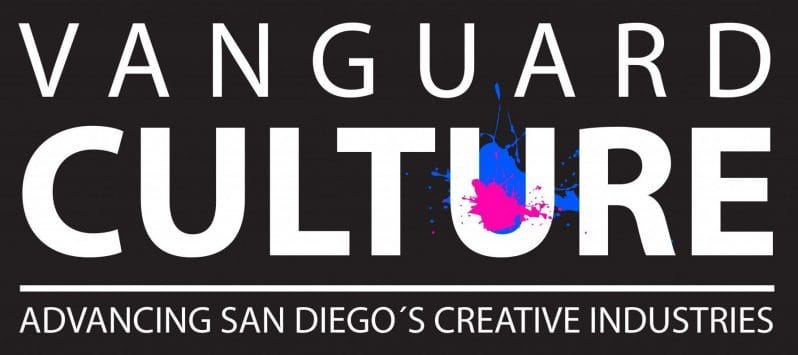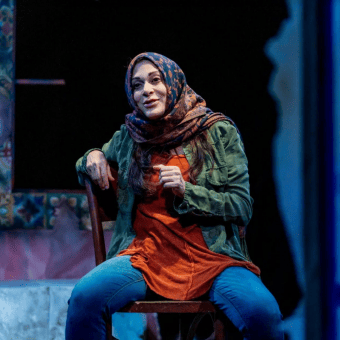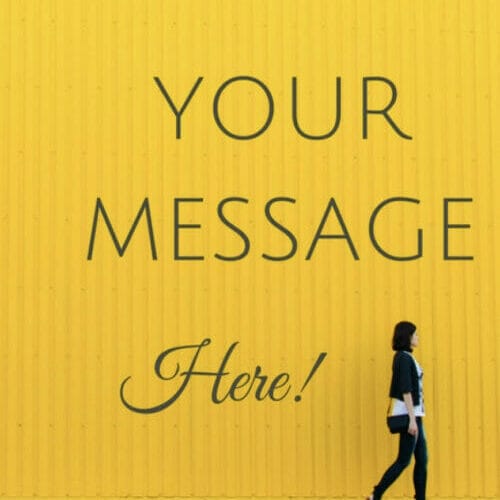By Rebecca Romani
November 24, 2020
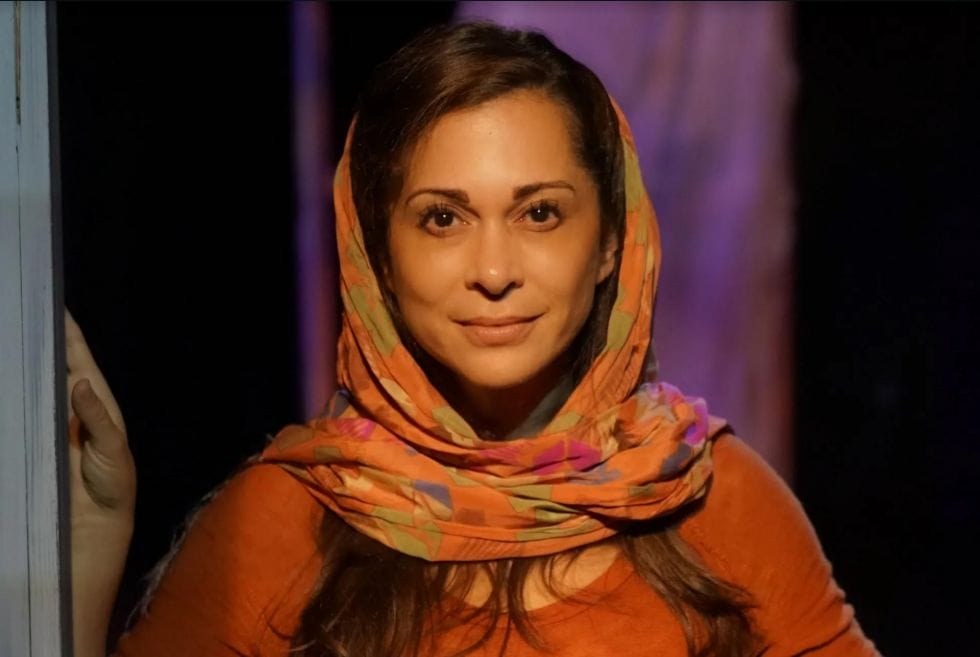
The 20th century seemed to have reserved a special kind of hell for populations around the world beset by war, genocide and coups, creating hundreds of thousands of refugees seeking safety for themselves and their families, often at great risk. At the moment, the 21st century is not looking that much better, either. As we stand on the cusp of a holiday that memorializes a family who will become refugees, strangers in a strange land, Mahshid Fahsandi Hager’s autobiographical one person stage play, “No Way Back,” about her family’s flight from Iran during the Iran/Iraq War is a timely reminder that anyone, including ourselves, could become refugees, given the right circumstances. Now in its World Premiere, “No Way Back” is available in streaming form from The Roustabouts Theatre Company.
The story is told through the voice of young Mahshid, passing occasionally to those of her mother, uncles, siblings, and a smuggler. Mahshid is five, playing her grandfather’s garden in Tehran, loving her time with her family and the doll her father brings her from a trip abroad, happy as a five year old can be. But three years later, it is 1979, and the streets of Tehran are boiling. The Shah is forced to step down, Ayatollah Khomeini is on the rise, and his followers are everywhere, arresting people, shooting them in the street, imposing major changes like more conservative dress and religious practices on the people. Mahshid is nine, chafing at the imposed hijab and prayer schedule, a new school that is more conservative, and a city that has seemingly lost its way.
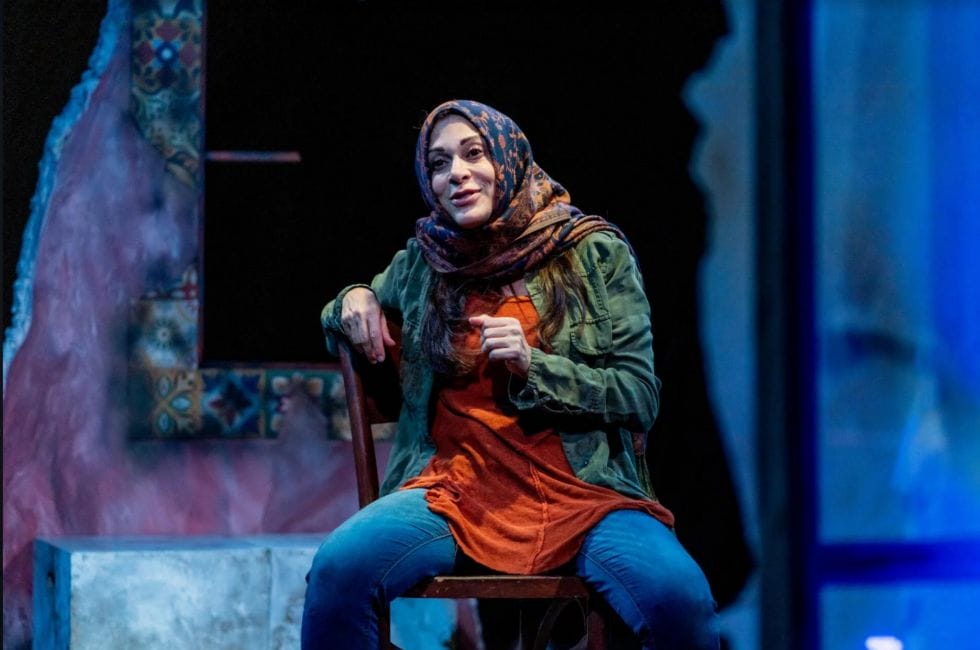
By the time Mahshid is 10, Iran is unsafe. Iraq has invaded and the war is creating orphans, widows, and refugees, daily. Terror becomes a part of Mahshid’s young life with Iraqi bombs threatening the safety of her father and Iran’s Revolutionary guard threatening the safety of her street. Their house is bombed, bodies lie covered in the family’s sheets on the front steps. Where to go?
The second act of the play follows Mahshid and her family as they try to secretly slip out of Iran, over the mountains, and into Turkey, carrying limited belongings. Along the way, young Mahshid will experience fear, cold, and hunger like she has never known, wondering if she will ever see her father again when he goes back to Iran to sell what they have for their new life in Germany. They walk for miles. The tension starts to ratchet up as Mahshid learns their smuggler Ali has helped others rob her family blind and continues as Mahshid tries to figure out if her uncle’s friend, Akbar will be able to get them on the plane to Germany. How they get their visa and make it on the plane is one of the brightest and most nail-biting moments of the show.
“No Way Out” started life as a short story to help Fahsandi Hager, now a Trauma Therapist in San Diego, work through the hardship of the change from a child of a comfortably middle-class Iranian family to a stateless refugee, struggling with an unknown world and language. Marni Freedman of the San Diego Memoir Writer’s Association encouraged her to submit it to the group’s Memoir Showcase. Fahsandi Hager’s piece won the showcase, and Phil Johnson, one of the founding members of The Roustabouts Theatre company encouraged her to turn it into a play, which the company then produced.

Jessica John is brilliant as the young Mahshid and slips seamlessly into the other voices of the story- Mahshid’s parents, her cousin, Ali the smuggler, Akbar. John wisely eschews the stereotype of the preternaturally aware or hopelessly childish young lead and her Mahshid is in turns charming, petulant, fearful and a riveting storyteller. John is equally evocative as the adults. A rapid switch and Mahshid’s mother appears, a flick of a cigarette, and it is Akbar helping them negotiate Ankara and the German embassy.
John draws on an unusual background and sensibility to shape the role of Mahshid. Like Fahsandi Hager, her Assyrian grandmother came from a comfortable family in Turkey, but because of the Ottoman Empire’s genocidal policies against its Armenian and Assyrian minorities, she had to flee, leaving a behind a life of privilege and losing her mother and brother along the way.
Deftly directed by Fran Gercke, the play keeps its shape and moves along at a good clip, its tension rising convincingly as Mahshid recounts how her mother helps them obtain a visa for Germany by fainting on cue.
Because of the pandemic, and now curfew, the show is now available online. Beautifully shot and edited by Michael Brueggemeyer, the play on demand feels less like a filmed rehearsal than a small film in its own right. Brueggemeyer’s approach keeps the play moving and compelling in a way that a locked down camera cannot.
Tony Cucuzzella’s evocative set with its sketched out visuals suggesting both solid buildings and their destruction is beautifully complimented by Matt Lescault-Wood’s gorgeous and subtle sound design with its layered sounds of war, bird song and street sounds. Joel Britts’ lighting is more than up to the challenges of shifting a play to a virtual production.
In a city with a history of hospitality towards refugees on a border currently being used to stymie requests for political asylum, “No Way Back,” is a moving and powerful reminder of why welcoming the stranger fleeing to a strange land is to honor the humanity in us all.
“No Way Back” is available on-line through The Roustabouts Theatre through December 13. Please check the website for ticket prices and the dates for insightful talk backs.

